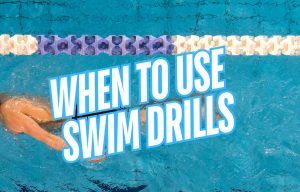
When Should Swimmers Use Drills During Practice to Improve Technique?
Wondering when to use swim drills to accelerate technique improvement? Here are some handy guidelines and more advanced strategies to deploy drills for faster swimming.
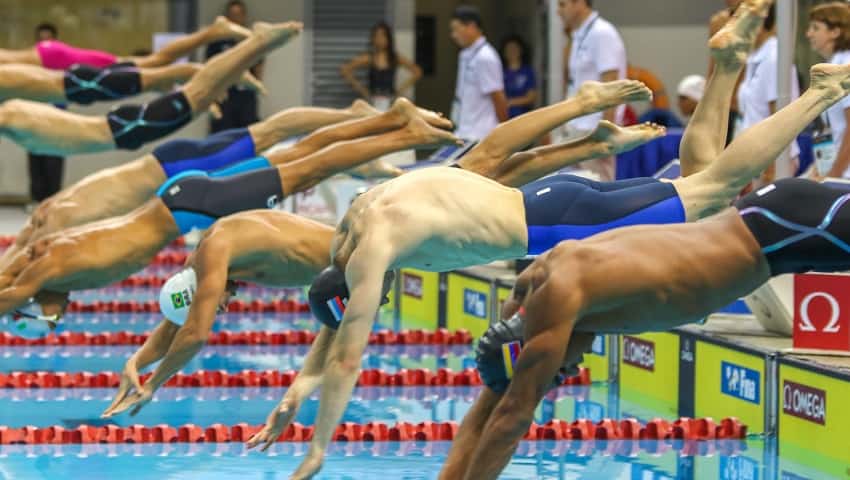
When you are feeling like things aren’t progressing anymore in the pool it’s time to sit down and audit your training. Here is how to do it.
The effort is there, the attendance is there, and you feel like you are putting in a focused effort each time you step on the pool deck.
And yet, progress has stalled. You feel like you are spinning your wheels, training harder and harder and not making the progression that you feel you deserve.
When you are feeling stuck, like things aren’t improving, it’s time to audit your training, your training habits, and the other performance factors that influence your swimming.
Before you can figure out where things went wrong, it’s necessary to figure out what you are actually doing in the water. Sure, you can guess and recollect how your recent training but an audit requires a measure of objectivity.
The way we are going to do this is to start by recording your workouts from top to bottom for a period of at least a week, preferably two. If you do it for a couple days you won’t catch the patterns and habits.
Build a training history to give you a clear bird’s eye view of what you are doing in the water. It provides the clarity to find answers to swimming better and faster.
Write out your workouts (if you aren’t already), and take stock of the following things:
Being willing to be honest with yourself about your training is tough. It’s easier to think we are doing great, and then act shocked when we don’t race as fast as we would like.
But having a solid level of self-awareness is key to being a superior swimmer.
And the first step is having an inventory of your training and having the humility to see the habits and patterns in your swim practices.
I can’t give you the specifics for your specific case, but from my own experience a few things will happen when you audit your practices:
Whatever the case, doing an audit of your training will show you the things you can improve in your training, helping you shatter through that plateau and get back on track to destroying your best times.

Olivier Poirier-Leroy Olivier Poirier-Leroy is the founder of YourSwimLog.com. He is an author, former national level swimmer, two-time Olympic Trials qualifier, and swim coach.

Wondering when to use swim drills to accelerate technique improvement? Here are some handy guidelines and more advanced strategies to deploy drills for faster swimming.
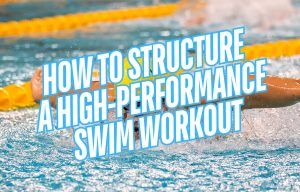
Frustrated with ineffective, unfocused swim workouts? Here is how to organize a well-structured swim workout that delivers results and faster swimming.
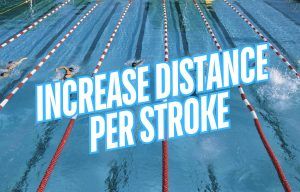
Ready to get more efficient in the water and increase distance per stroke? Here are some proven tips for increase stroke length with your swimming.
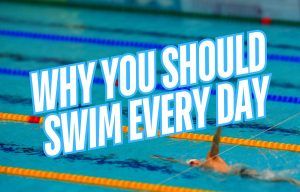
Ready to get your chlorine on? Here are nine reasons to make swimming part of your daily routine.
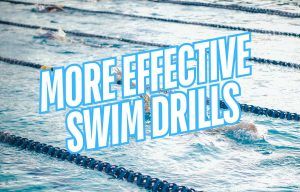
Take your swimming drills to another level with these proven tips. Next stop: better technique and faster swimming!
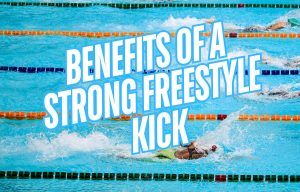
Wondering why you should be spending more time kicking? Here are the benefits of training your freestyle kick.
SITE
SHOP
GUIDES

LANE 6 PUBLISHING LLC © 2012-2024
Join 33,000+ swimmers and swim coaches learning what it takes to swim faster.
Technique tips, training research, mental training skills, and lessons and advice from the best swimmers and coaches on the planet.
No Spam, Ever. Unsubscribe anytime.
